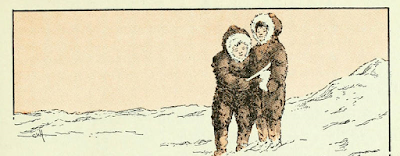Today may be April Fools' Day, but it's no joke that unfortunately the court case of Hachette v. Internet Archive about online access to digital books went in favor of the four major publishers suing the Internet Archive. This is only the beginning of the battle. Appeals were to be expected no matter who won as the principle of borrowing through libraries is involved. As the Internet Archive blog article, "The Fight Continues" stated:
This decision impacts libraries across the US who rely on controlled digital lending to connect their patrons with books online. It hurts authors by saying that unfair licensing models are the only way their books can be read online. And it holds back access to information in the digital age, harming all readers, everywhere.
For a non-library look at the case, Time Magazine's online article is worth seeing for an overview of the case from beyond the views of either parties. It does a fair assessment of the principles involved.
Personally I consider it dangerous that digital e-books are not owned by libraries in the same way a physical book is owned.
I found, yes, at Internet Archive, a story showing not only the importance of books and reading, but also the importance of libraries which obviously were unavailable at the time of the story. It's in a 1914 book with the dull sounding title of A Course in Citizenship edited by Ella Lyman Cabot. In the footnotes we are told the story, "Perseverance Wins" is abridged from Fanny E. Coe's 1908 textbook, A School Reader, Fourth Grade. I wasn't able to track down that book online, but know I have some of her readers downstairs in my basket of books for my "One-Room School Teacher" program.
One other quick bit of information about the story, there are two parts to it. The second part takes place many years after the first. It begins with the words "Last year I went to Europe" and is a necessary conclusion to this story told by "Judge Preston."
Even though libraries are the major buyers of books, publishers have long worked against library lending. The current case involving digital rights will have far reaching consequences. The four publishers' legal departments have no problem affording the fight on this case all the way up to the Supreme Court. The Internet Archive is a non-profit with limited resources (best put to their continuing work instead of legal bills). On their home page at https://archive.org/ they point out:
The Internet Archive is a crucial resource, but fewer than 1 in 1000 of our patrons donate; we're powered by contributions averaging $25.51. If you find our library useful, please pitch in.
I do support them financially and hope you do, too. This valuable resource also hosts The Wayback Machine, which archives websites. The Wayback Machine includes this blog, my own website, https://www.lois-sez.com/, and a great many more. I always follow a "Keeping the Public in Public Domain" segment with a list of further online storytelling resources. One of those, Jackie Baldwin's site, Story-Lovers.com, was a cumulative site crammed with story suggestions from storytellers on the email list, Storytell. That email list is now hosted by the National Storytelling Network and their archive picks up shortly before Jackie's site ended. She also edited her listing of resources, so it is not the same as prowling the listserv's archive. Jackie has gone to storytelling in the Great Beyond, but the Wayback Machine gives the last chance to view her wonderful resource on December 22, 2016 (search it internally, not via an external search engine like Google).
I similarly have been able to view sites no longer online through the Wayback Machine. I would dread the loss of this way to access online resources. Books and letters on paper have their own danger of disappearing, but online digital preservation is also critical, whether saving old books or websites. Just as Public Domain preserves our culture, the Internet Archive is preserving it digitally . . . the ramifications of Hachette v. Internet Archive are not an April Fools' Joke the future can afford.
****************
This is part of a series of postings of stories under the category, "Keeping the Public in Public Domain." The idea behind Public Domain was to preserve our cultural heritage after the authors and their immediate heirs were compensated. I feel strongly current copyright law delays this intent on works of the 20th century. My own library of folklore includes so many books within the Public Domain I decided to share stories from them. I hope you enjoy discovering new stories.
At the same time, my own involvement in storytelling regularly creates projects requiring research as part of my sharing stories with an audience. Whenever that research needs to be shown here, the publishing of Public Domain stories will not occur that week. This is a return to my regular posting of a research project here. (Don't worry, this isn't dry research, my research is always geared towards future storytelling to an audience.) Response has convinced me that "Keeping the Public in Public Domain" should continue along with my other postings as often as I can manage it.
Other Public Domain story resources I recommend-
There are many online resources for Public Domain stories, maybe none for folklore is as ambitious as fellow storyteller, Yoel Perez's database, Yashpeh, the International Folktales Collection. I have long recommended it and continue to do so. He has loaded Stith Thompson's Motif Index into his server as a database so you can search the whole 6 volumes for whatever word or expression you like by pressing one key. http://folkmasa.org/motiv/motif.htm
You may have noticed I'm no longer certain Dr. Perez has the largest database, although his offering the Motif Index certainly qualifies for those of us seeking specific types of stories. There's another site, FairyTalez claiming to be the largest, with "over 2000 fairy tales, folktales, and fables" and they are "fully optimized for phones, tablets, and PCs", free and presented without ads.
Between those two sites, there is much for story-lovers, but as they say in infomercials, "Wait, there's more!"
.png)
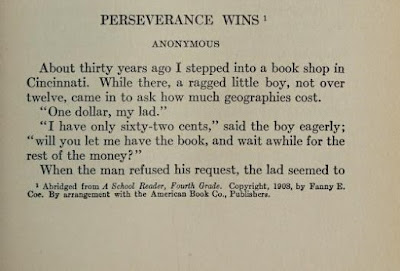

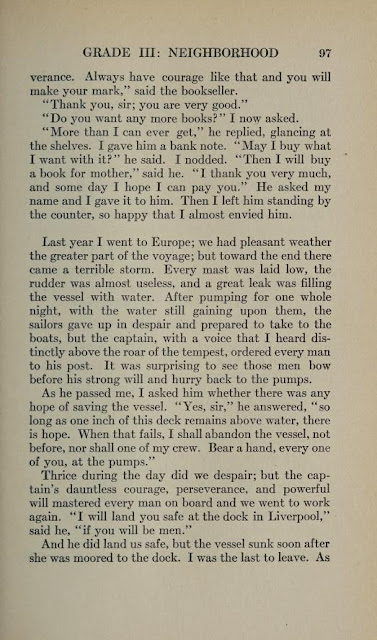
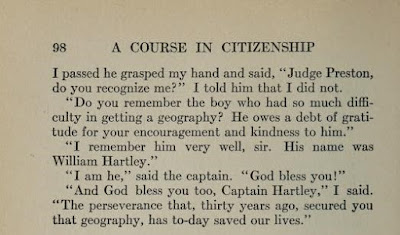



.jpg)
.png)
.png)
.png)
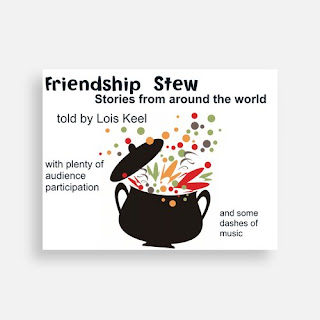



.png)



